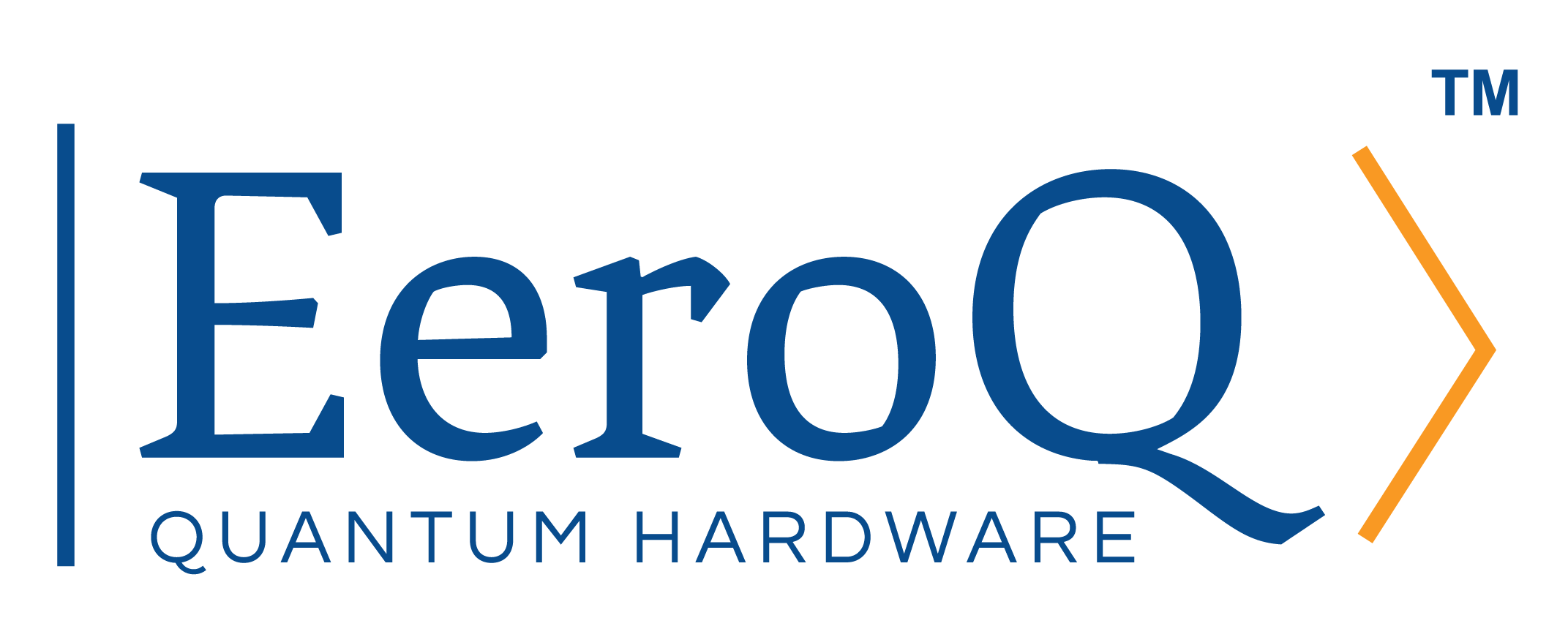What NVIDIA’s Legendary Earnings Say About AI
The groundbreaking infrastructure enabling the next generation of AI companies

AI chip manufacturer NVIDIA has posted three of the most impressive quarters in a row in its corporate history.1 Most of this is the building out of data centers using their chips to lay the foundation for AI. These layers and large language models are creating an amazing platform for companies to create exciting new businesses. This is the environment AV’s AI Fund 4 will be investing in. See below to learn about the explosive AI chip market, along with examples of AV’s past investments in the space.2
Reserve Your Spot in AI Fund 4
We’re seeing strong interest, as past vintages were oversubscribed and we had to establish a waitlist to accommodate interest.
If you’re interested in joining us, we recommend securing a spot promptly.
Max Accredited Investor Limit: 249
Deadline to Join: March 31, 2024

What NVIDIA’s Legendary Earnings Say About AI
Advanced, specialized chips are essential for implementing and improving modern AI applications. With rapidly growing demand for more complex AI solutions, developers need to regularly replace older chips to continue deploying cost-effective, energy efficient AI at scale.3
This soaring demand is expected to generate significant revenue for AI chip manufacturers. After surpassing $20 billion in 2023, the AI chip market is expected to reach $227.5 billion over the next decade.4
NVIDIA’s growth reflects this potentially generational opportunity — as the infrastructure continues to be built out to support an AI-driven world. NVIDIA’s revenue grew 265% in its fourth quarter to $22.1 billion thanks to its pivotal role in designing graphics processing units that power AI. NVIDIA’s ascent to a $1.92 trillion market cap makes it the third-most valuable company in America — and is just one more example of how this technology may turn into the most impactful of the decade.1

Has Alumni Ventures Invested in Another NVIDIA?
Alumni Ventures portfolio company is positioning itself as a major player in the AI chip market.
Groq seeks to unleash the potential of AI by driving the cost of compute to zero, with a single core chip powered by tensor streaming processor architecture. The chip eliminates many barriers of traditional computing while offering 10x lower latency compared to leading competitors.
Groq Founder and CEO Jonathan Ross told VentureBeat that “eye-watering costs … make [Groq’s] offering a ‘super-fast,’ cheaper option specifically for [large language models].”5
HyperWrite CEO Matt Shumer praised the procession power of Groq’s chips. “Answers are pretty much instantaneous,” Shumer posted on X. “Opens up new use-cases, and completely changes the UX possibilities of existing ones.”5
AI researcher and author Carlos E. Perez also praised Groq’s AI architecture, posting this on X:6
Among the new crop of AI chip startups, Groq stands out with a radically different approach … that shuns complexity in favor of tailored efficiency. -Carlos E. Perez
All-In Podcast: Chamath Palihapitiya on Groq’s Big Week
See video policy below.
AI Chip Investments from Alumni Ventures’ Portfolio2

EeroQ is an innovator in the field of quantum hardware, building a universal quantum computer using electrons on helium. The company’s patented approach to quantum computing chips involves trapping electrons on helium. This allows for greater efficiency within a smaller chip and a uniquely scalable form factor.

Encharge AI is developing semiconductor hardware and software tools to dramatically improve the performance, energy, and cost efficiency of deploying AI at the edge. Its new chip provides speed and efficiency for AI applications such as self-driving cars, smart cities and factories, and healthcare.

Enfabrica designs networking chips, systems, and software for AI computing workloads. The company’s chips enable up to a 50% reduction in AI cluster cost in addition to significant improvements in scalability, bandwidth, and data speeds.

Lemurian Labs is developing an affordable AI processor uniquely designed from foundational mathematical principles to deliver the next generation of AI workloads. Lemurian’s affordable, high-performance Spatial Processing Unit delivers better performance and consumes less power than legacy processors that have limited gains in AI capabilities.

Mentium produces AI inference chips that are 100x faster and 50x more efficient than current solutions, enabling 10x larger neural networks to run on edge devices like satellites, robotics, and IoT devices. Mentium’s approach facilitates the seamless integration of AI co-processors into existing hardware systems, eliminating the need for reconfiguration or redesign.

NeuReality designs semiconductor chips specifically for the needs of AI computations. It addresses the challenges posed by the growing deployment of AI in the cloud, edge, and fog systems.

Qedma develops methods to mitigate errors and get optimal results from the current generation of quantum computers. Qedma’s operating system improves the accuracy of quantum computers, speeds up their performance, and unleashes their computational power, ultimately leading to quantum computational advantage.

Syntiant has developed a completely digital Neural Decision Processor and AI compute solution for low-power, always-on devices. Their solution works for everything from smartphones to laptops, autos, earbuds, and virtual assistants such as Alexa. Syntiant’s technology brings powerful machine learning from the cloud into even the tiniest devices. The result is greatly increased battery life, privacy, and responsiveness — along with decreased infrastructure costs.

Vorticity has created a unique cloud accessible scientific computing platform through custom silicon accelerators for tackling some of the world’s hardest computational problems. Designed to make computers fast for fluid dynamics modeling, the company’s chips enable clients to speed up critical computing. The solution is tailored for industries such as aerospace, life sciences, and nuclear energy.
Reserve Your Spot in AI Fund 4
We’re seeing strong interest, as past vintages were oversubscribed and we had to establish a waitlist to accommodate interest.
If you’re interested in joining us, we recommend securing a spot promptly.
Max Accredited Investor Limit: 249
Deadline to Join: March 31, 2024
Contact [email protected] for additional information. To see additional risk factors and investment considerations, visit av-funds.com/disclosures.
1Kif Leswing, “Nvidia Posts Revenue Up 265% on Booming AI Business,” CNBC, February 21, 2024; NOTE: Alumni Ventures has not invested in NVIDIA.
2Sample companies provided for illustrative purposes only; does not reflect the performance of any one fund or investor. These investments are not available to future investors, except in cases of follow-on investment. This communication is neither an offer to sell, nor a solicitation of an offer to purchase, any security. Such offers are made only through formal offering documents to eligible investors. Venture capital investing involves substantial risk, including the risk of loss of all capital invested. Past performance does not guarantee future results.
3Saif M. Khan & Alexander Mann, “AI Chips: What They Are and Why They Matter,” Center for Security and Emerging Technology, April 2020
4Precedence Research, “Artificial Intelligence (AI) Chip Market – Global Industry Analysis and Forecast 2023-2032,” Accessed February 26, 2024
5Sharon Goldman, “AI Chip Race: Groq CEO Takes On Nvidia,” VentureBeat, February 23, 2024
6Carlos E. Perez, “Groq Is a Radically Different Kind of AI Architecture,” X, February 20, 2024